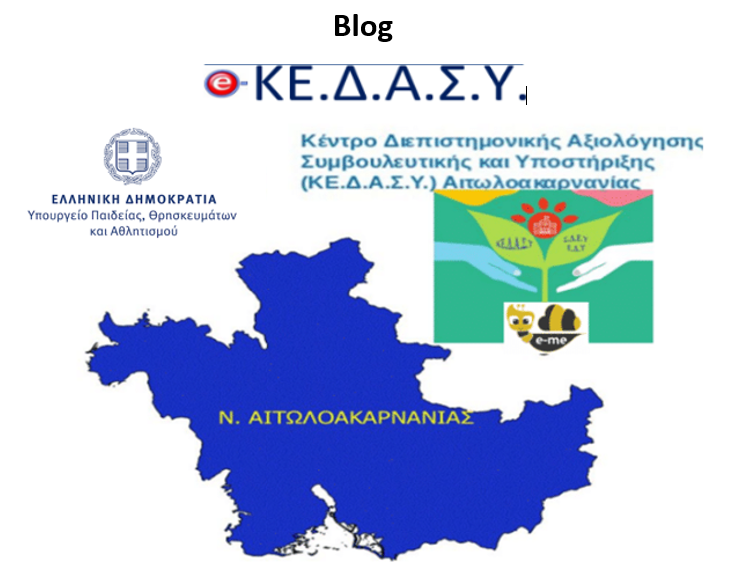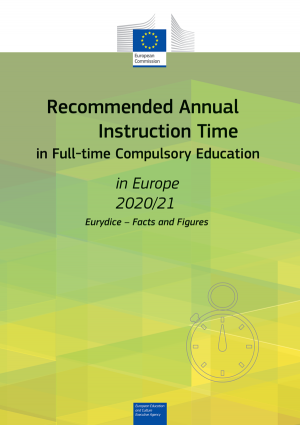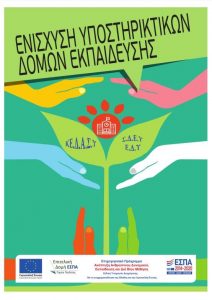Posted on June 23, 2021
Recommended Annual Instruction Time in Full-time Compulsory Education in Europe 2020/21
READ THE BOOK BY CLICK
Effective learning depends on many factors, but undoubtedly, the instruction time available to students plays a key role in their learning process. Along with the quality of instruction and the time available for learning after school, the increase in the amount of instruction time allocated to a discipline can help to raise students’ interest in that subject and can have positive effect on students’ performance. Moreover, the positive relationship between increased instruction time and student achievement is more apparent when the increase is accompanied by other support measures and directed at disadvantaged students. This report analyses the recommended minimum instruction time in full-time compulsory general education in 37 European countries. The data refer to the minimum requirements set for the compulsory curriculum by the competent authorities of 39 education systems for the year 2020/21. Special attention is paid to four core subject areas: reading, writing and literature; mathematics; natural sciences; social studies. The analysis shows that annual minimum instruction time tends to increase with the education level, and differences between countries become less significant. At primary level, the focus for most countries is on reading, writing and literature (about 25 % of total instruction time), while in secondary education the teaching of mathematics and natural sciences becomes equally important.
The report also identifies the main changes in total instruction time that have taken place in the last year especially due to the COVID-19 pandemic. In addition to the comparative analysis, the report includes national diagrams that illustrate data by country and by subject, jointly collected by the Eurydice and the OECD NESLI networks.
eacea.ec.europa.eu












Recent Comments